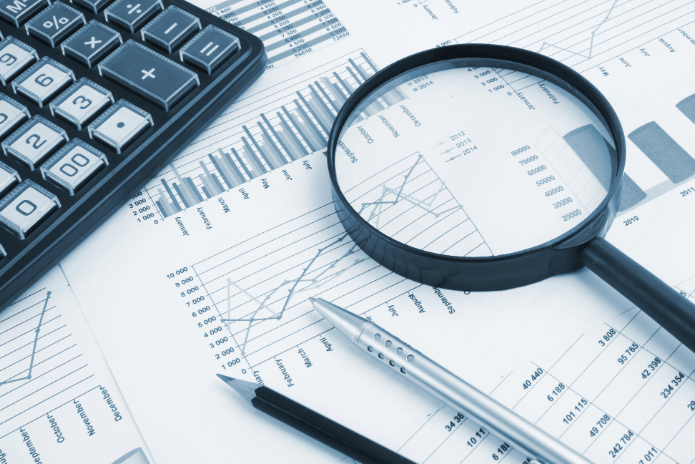Closing a business, whether due to a change in plans, end of a cycle, or necessity, is always a challenge. The decision itself already carries an emotional and strategic weight and becomes even more complex when it involves the disposal of assets and tools accumulated throughout the operation. However, what many entrepreneurs are unaware of is that this inventory can transform into an excellent opportunity for financial return.
Kitchen equipment, furniture, office items, electronics, industrial machinery, and even utility vehicles can be resold quickly and safely through specialized digital platforms. This resale market has been growing rapidly and sustainably, driven by increasing interest in cost-effective solutions.
A study by Thredup indicates that the second-hand product sector is advancing, on average, three times faster than the traditional clothing sector. By 2027, segments like thrift stores are expected to double in size, moving around $350 billion. In Brazil, OLX revealed that 61% of consumers already use online platforms to sell used items as a way of generating extra income. On average, each person has R$ 2,113 in objects that could be monetized, a source of capital sitting idle waiting to be utilized.
In this scenario, closing a business does not have to mean total loss. On the contrary: with planning and strategy, the dismantling process can become an intelligent step towards financial recovery.
“We are in a time where consumers and small entrepreneurs are more attentive to cost-benefit. Auctions and marketplaces are practical alternatives to acquire and resell products without paying full price,” highlights Kwara’s CEO, Thiago da Mata.
Why invest in resale?
In addition to financial gain, reselling used assets also strengthens the circular economy by extending the useful life of equipment and avoiding premature disposal of materials in good condition.
Reverse logistics, a key element in this process, allows products to return to the production cycle through reuse, recycling, or proper disposal. Despite its importance, Brazil still faces challenges: according to Abrelpe, about 45% of waste that could be reused ends up lost, generating an estimated annual loss of R$ 14 billion.
Adopting sustainable practices not only reduces operational costs and optimizes resources but also strengthens the company’s image even during the closure phase as a socially and environmentally responsible organization.
“The entrepreneur who chooses to resell their assets eases the financial impact of closure and also encourages sustainable practices, as well as supporting small businesses looking for quality equipment at affordable prices,” Thiago reinforces.
8 tips to turn your business assets into revenue:
1) Make a detailed inventory
List all items available for sale: furniture, appliances, tools, equipment, stock items, and the like. The more comprehensive the inventory, the more attractive it is to buyers.
2) Evaluate the state of conservation
Well-maintained items tend to generate more interest and achieve better offers. Take good photos, document any wear and tear, and if possible, make simple repairs before listing them.
3) Choose trusted platforms
Prefer sites with a good reputation, security, and national reach. Kwara, Enjoei, OLX, and Facebook Marketplace are popular and effective options.
4) Be transparent in the descriptions
Provide brand, model, age, and real condition of the item. This honesty helps build trust and avoid future complaints.
5) Set realistic prices based on the market
Research prices at auctions and similar marketplaces. “The goal is to efficiently turnover inventory, not maximize profit at all costs,” advises Thiago.
6) Take advantage of platform reach
Specialized environments already have a willing buying audience. Auctions like Kwara’s attract interested parties and are publicized on social media and in the press, optimizing the reach of your products.
7) Sell in lots when possible
Grouping similar items (such as chairs, kitchen utensils, or electronics) speeds up the selling process and can increase the average bid value.
8) Properly coordinate transport and pickup
Logistics vary depending on the platform used. Some leave transport to the buyer, others to the seller. Coordinate in advance to avoid surprises and ensure a smooth transaction.
“Closing a deal can actually represent the beginning of a new phase. And selling your items strategically makes all the difference in the final balance. What often appears to be a problem can become immediate liquidity, just know how and where to sell,” concludes Thiago da Mata.







